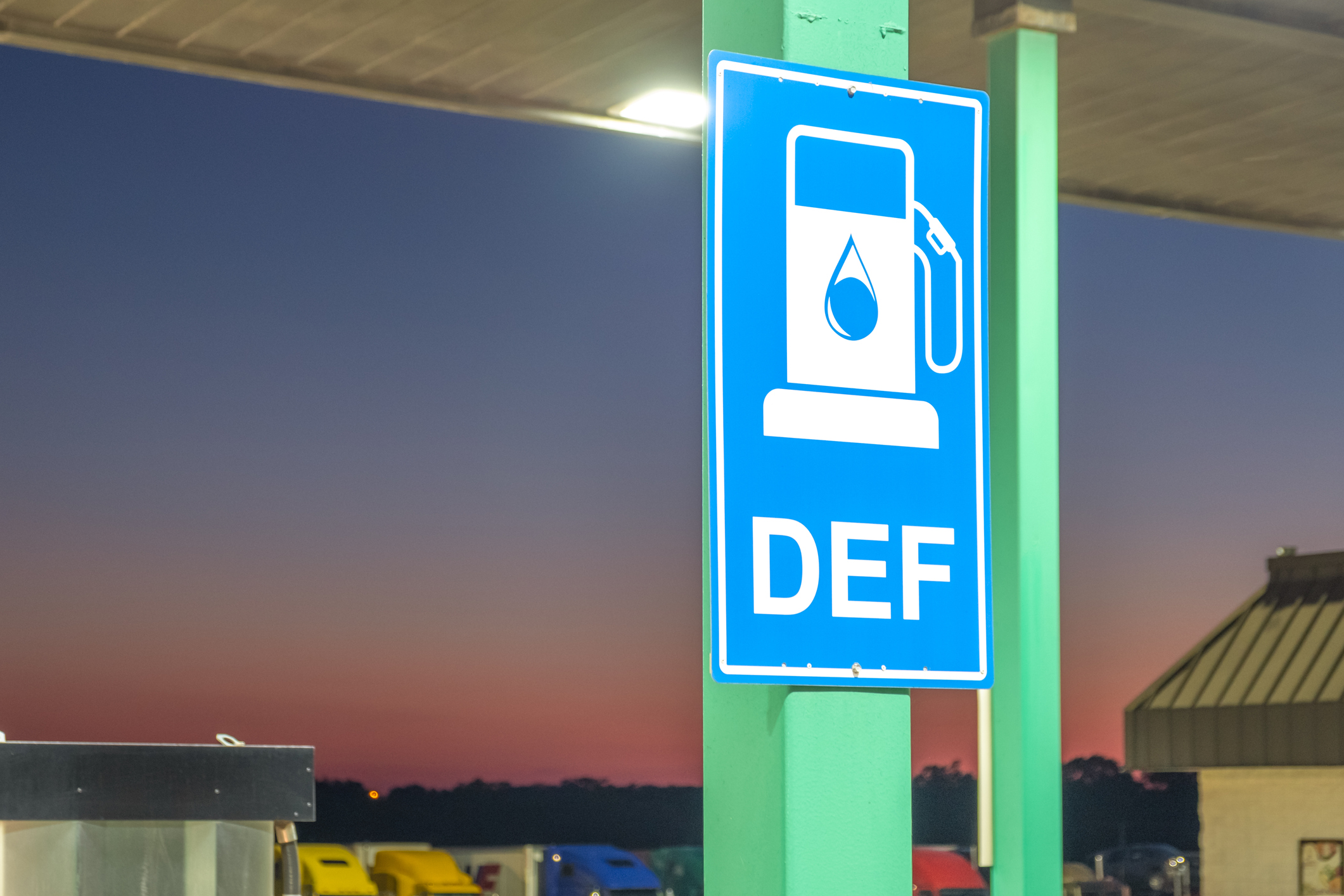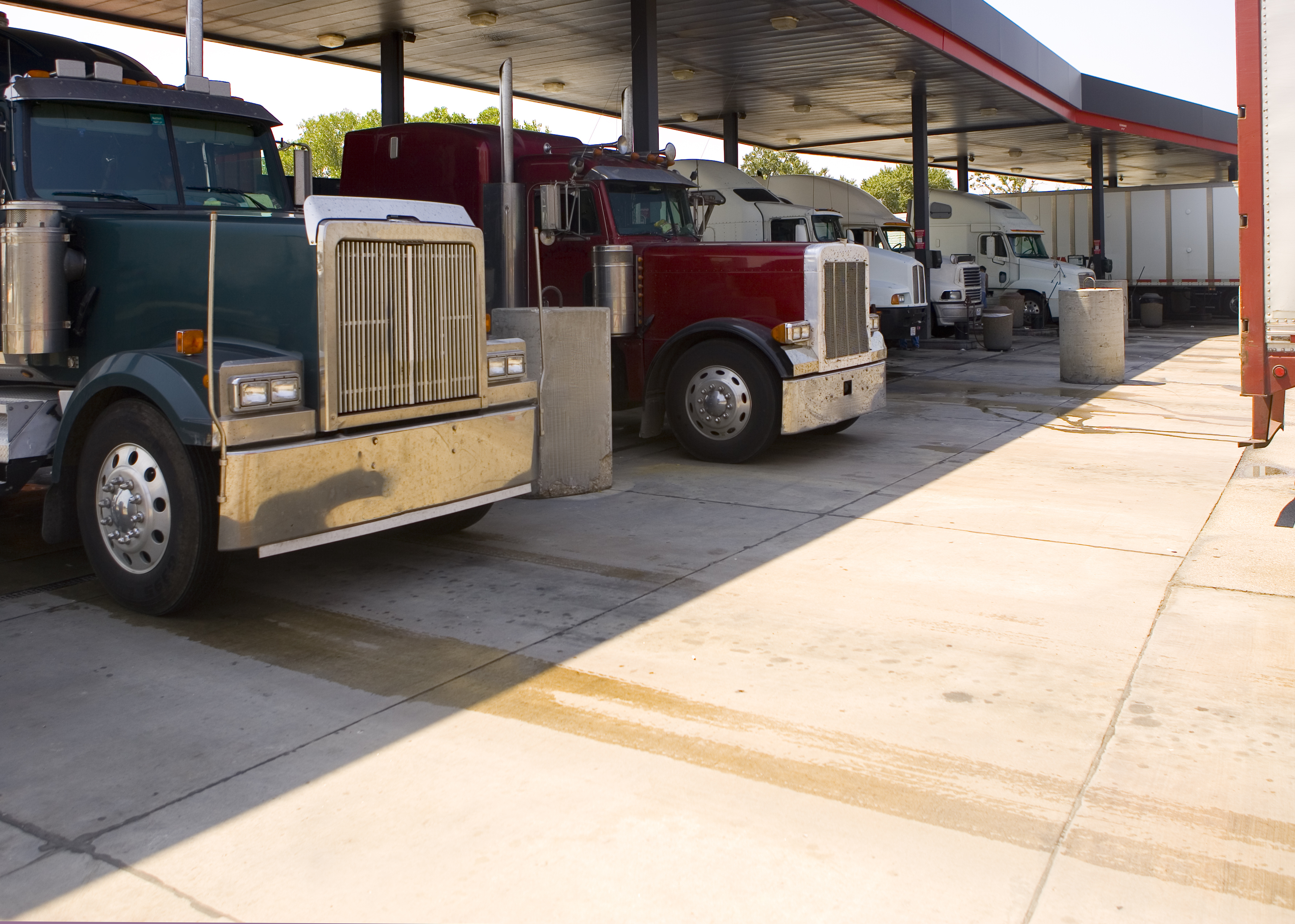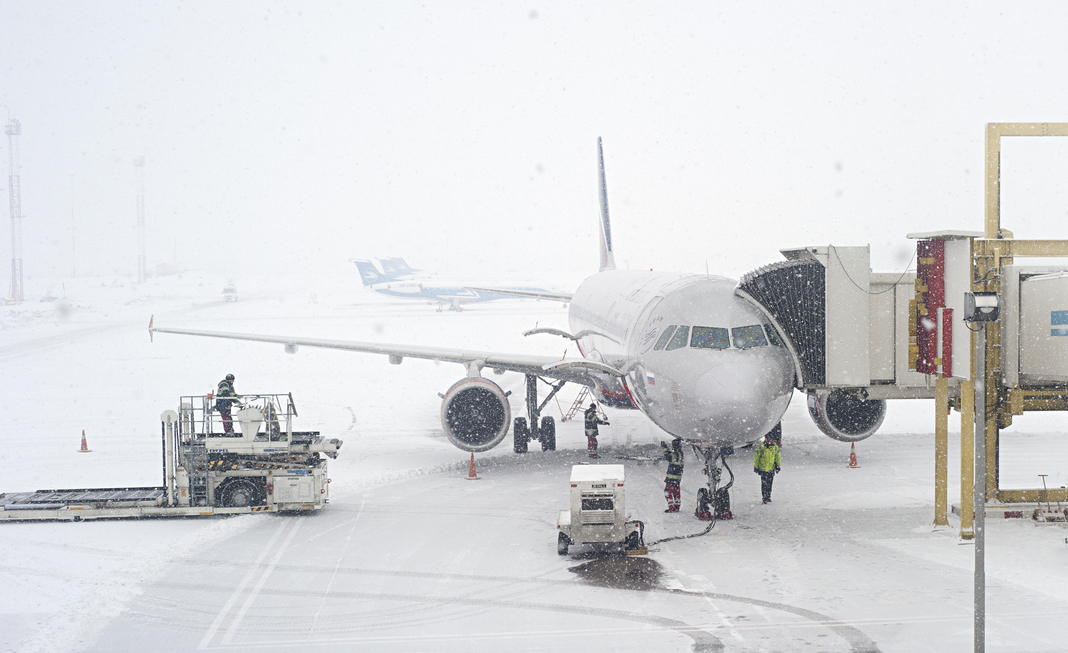
Leveraging Artificial Intelligence to Optimize Fleet Management
No doubt about it, artificial intelligence (AI) is everywhere these days. It’s all around us. From voice assistants on smart devices to music and video streaming, to spam filters in email to face ID...






